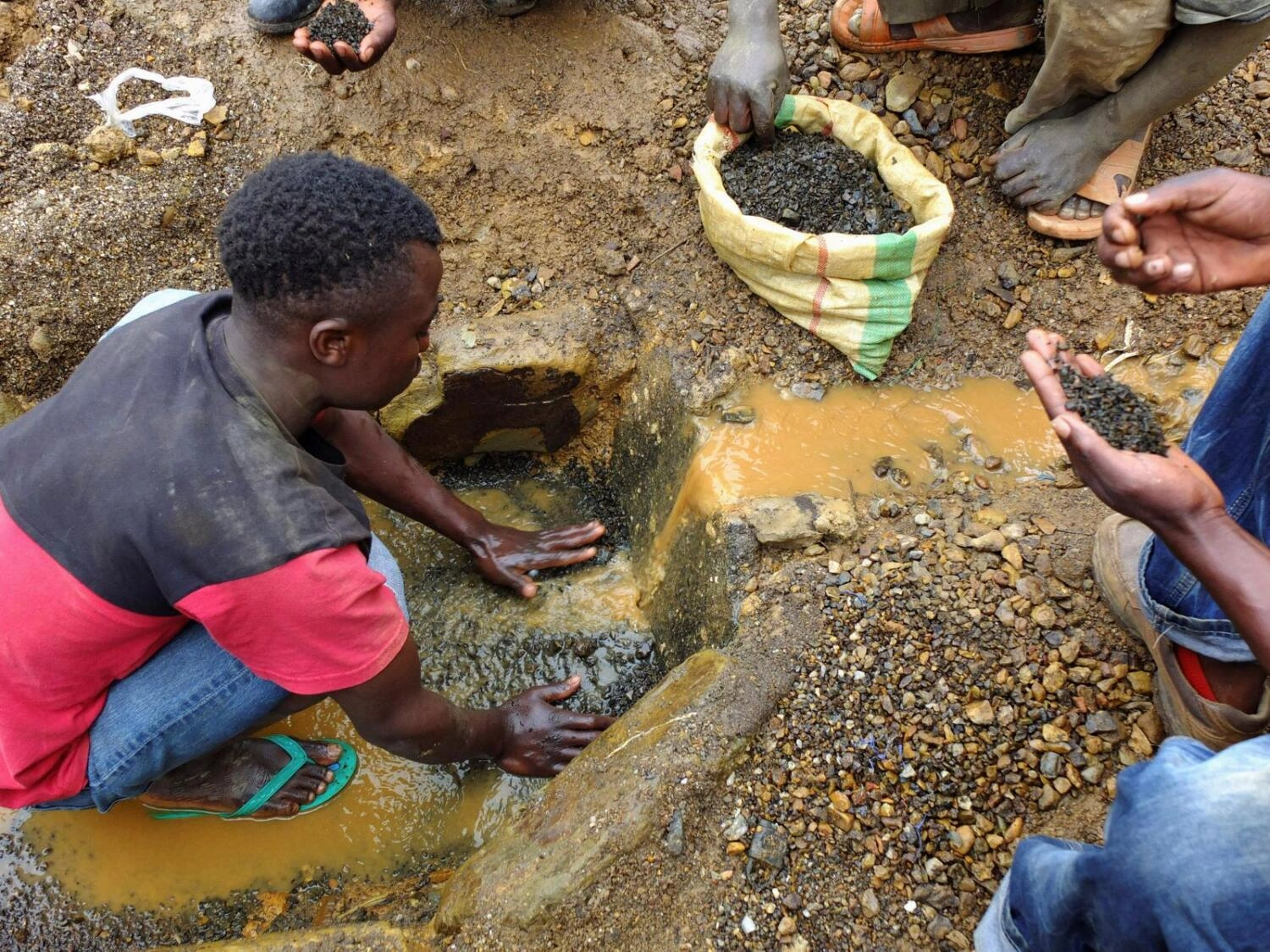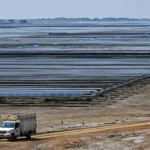International lawyers representing the Democratic Republic of Congo (DRC) welcomed Apple’s decision to halt sourcing minerals from the conflict-ridden region. However, they confirmed they would continue legal proceedings against the company in Europe.
This week, criminal complaints were filed against Apple subsidiaries in France and Belgium. The filings accuse Apple of benefiting from conflict minerals linked to atrocities in Congo.
The Issue with Conflict Minerals
Congo is a key source of tin, tantalum, and tungsten (3T minerals), essential for electronics like computers and mobile phones. However, many artisanal mines in the region are controlled by armed groups responsible for widespread violence, including massacres and sexual assaults, according to UN experts and human rights organizations.
On Tuesday, Apple denied the allegations and clarified that it had instructed suppliers to avoid using minerals from Congo or Rwanda.
Lawyers Remain Cautious
The lawyers representing Congo expressed mixed reactions to Apple’s announcement. In a statement to Reuters, they said, “Apple’s claims about its supply chain need to be verified with facts and figures on the ground.”
They added that Apple’s actions do not address the alleged crimes committed in the past. The case will now move forward in French and Belgian courts. So far, authorities in both countries have not commented.
Allegations Against Apple
Lawyers accuse Apple of indirectly sourcing minerals looted from Congo and funneled through international supply chains, effectively enabling the crimes tied to their extraction. Apple, however, maintains it does not directly source raw minerals and actively audits its suppliers to ensure compliance.
Apple’s Response
In its statement, Apple explained that it had already told suppliers to stop sourcing tin, tantalum, tungsten, and gold from the DRC and Rwanda earlier this year due to the increasing conflict.
The company stated, “We took this action because independent audits and certification mechanisms could no longer ensure compliance with our high standards.”
Apple also emphasized that most of the minerals used in its products are recycled, rather than mined directly.
Conflict in Congo
Congo’s eastern region has been plagued by violence for decades, fueled by competition over valuable minerals. Armed groups and, at times, the Congolese military have financed their operations by smuggling minerals, often through neighboring Rwanda. These conflicts have led to the deaths and displacement of millions of civilians since the 1990s.





